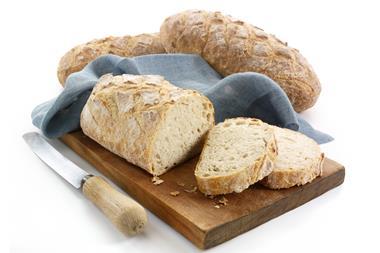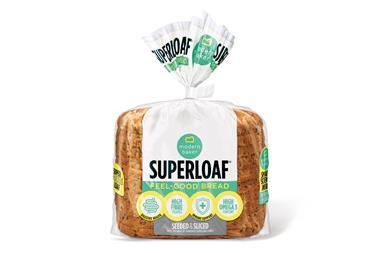Tesco faces more scrutiny as an investigation is initiated into its relations with suppliers.
The Groceries Code Adjudicator (GCA) has announced that it has “formed a reasonable suspicion” that the retail giant has breached the Groceries Supply Code of Practice.
The investigation is to take place after information was submitted relating to practices associated with the profit over-statement, which was revealed in September.
It will focus on part 4 and 5 of the Code, which are:
- Part 4 (paragraph 5): No delay in payments, and
- Part 5 (paragraph 12): No payments for better positioning of goods unless in relation to Promotions.
Adjudicator Christine Tacon said: “This is the first investigation I have launched and it is a significant step for the GCA. I have taken this decision after careful consideration of all the information submitted to me so far.
“I have applied the GCA published prioritisation principles to each of the practices under consideration and have evidence that they were not isolated incidents, each involving a number of suppliers and significant sums of money.”
The investigation is expected to take place over the next six to nine months, and Tacon has asked for evidence to be submitted by 3 April this year.
It will investigate Tesco’s practice between the months of 25 June 2013 (when the GCA was created) to 5 February 2015.
What the experts are saying
Mark Johnson, of Warwick Business School, is associate professor of operations management and researches supply chains. He said: “The GCA’s regulations should go a long way to ensuring that practices in the supply chain become more equitable. However, the regulation is only recent and Tesco cannot be fined, only investigated. I will be fascinated to see if Tesco can learn to deal with their supply base fairly after years of inequality and adversarial behaviour. After all, can you teach an old dog new tricks?
“With Tesco suffering in the battle with the discounters, and the cost of running a retail operation now so super-efficient, where can a firm that requires profit go? The option is - unfortunately - to the supply chain where they can seek price reductions for increased profit, receive payments for favourable shelf position or indirectly influence profit by improving their liquidity by delaying payments.
“But at the root of all of this it is not just Tesco. It’s the shareholders who require dividends and the customers who want low prices. Caught in this crossfire are the suppliers who, in many cases, are not powerful enough to fight back.”



































No comments yet